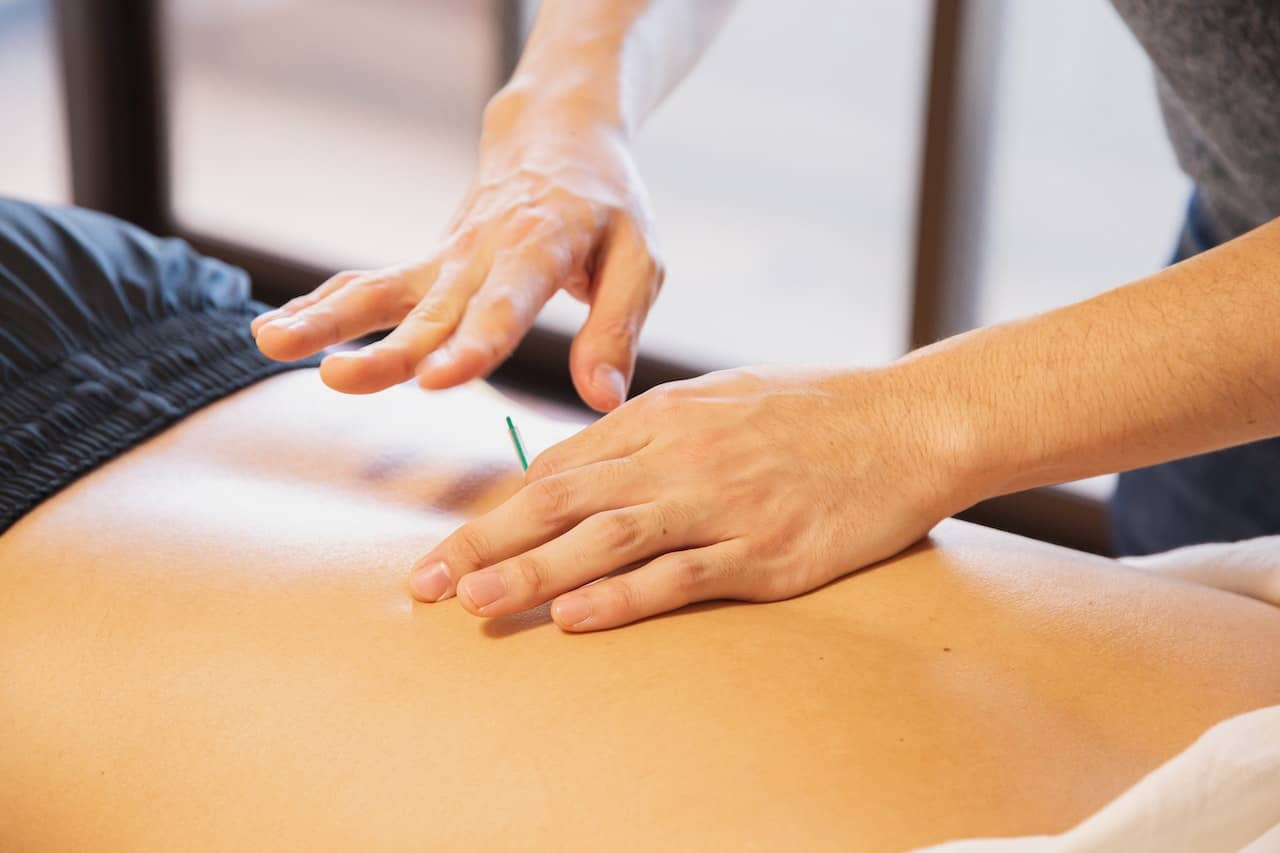In today’s world, where medical science continually advances, alternative therapies following a brain injury have gained significant attention and recognition. Brain injuries can be debilitating, affecting every aspect of a person’s life, from physical abilities to cognitive function. While traditional medical treatments play a crucial role in recovery, alternative therapies offer complementary approaches that can enhance the healing process. In this article, we will explore what alternative therapies for brain injuries entail, how they can improve brain function, and their growing popularity in the United Kingdom and also explain how best to approach making a serious injury claim.
Understanding Alternative Therapies for Brain Injury
Before delving into the specifics of alternative therapies, it’s essential to understand what they entail and why they are considered a viable option for individuals recovering from brain injuries. Alternative therapies encompass a broad range of non-conventional approaches to healing and rehabilitation. They are often used alongside or as complements to conventional medical treatments.
Alternative therapies focus on the holistic well-being of the individual, addressing not only the physical but also the mental and emotional aspects of recovery. They aim to improve overall health, promote natural healing mechanisms, and enhance the body’s ability to regenerate damaged tissues, including those in the brain.
The Benefits of Alternative Therapies
Alternative therapies offer several benefits to individuals seeking to improve their brain function after a brain injury. These therapies can:
Enhance Neuroplasticity
One of the primary goals in brain injury recovery is to stimulate neuroplasticity. Neuroplasticity refers to the brain’s ability to reorganise itself by forming new neural connections. Alternative therapies such as neurofeedback, acupuncture, and music therapy have been found to enhance neuroplasticity, aiding in the recovery process.
Reduce Pain and Discomfort
Many individuals with brain injuries experience chronic pain and discomfort. Alternative therapies like acupuncture and chiropractic care can help alleviate pain by targeting specific pressure points and promoting relaxation.
Improve Cognitive Function
Cognitive function can be significantly impaired following a brain injury. Cognitive rehabilitation, a form of alternative therapy, focuses on improving memory, attention, problem-solving skills, and other cognitive abilities through specialised exercises and techniques.
Manage Stress and Anxiety
Emotional well-being is a crucial aspect of recovery. Therapies such as mindfulness meditation and yoga can help individuals manage stress and anxiety, providing emotional support during the healing process.
Enhance Physical Rehabilitation
Physical rehabilitation is a vital component of brain injury recovery. Alternative therapies like hydrotherapy and equine therapy can complement traditional physical therapy by providing unique and engaging ways to improve physical strength and coordination.
Prominent Alternative Therapies for Brain Injury in the UK
The United Kingdom has seen a growing interest in alternative therapies for brain injuries. Many individuals are seeking these therapies to complement their conventional medical treatments. Let’s explore some of the prominent alternative therapies available in the UK.
Neurofeedback
Neurofeedback is a non-invasive therapy that aims to train the brain to function more efficiently. It involves the use of electroencephalography (EEG) to monitor brain activity, and individuals are provided with real-time feedback. Over time, this can help improve cognitive function, emotional regulation, and overall brain health.
Acupuncture
Acupuncture is an ancient Chinese therapy that involves inserting thin needles into specific points on the body. In the UK, acupuncture is gaining popularity for its ability to reduce pain, improve circulation, and promote relaxation, all of which can benefit individuals recovering from brain injuries.
Cognitive Rehabilitation
Cognitive rehabilitation programs in the UK are designed to address cognitive deficits resulting from brain injuries. These programs use specialised exercises and activities to improve memory, attention, and problem-solving skills. They are typically tailored to the individual’s specific needs and challenges.
Mindfulness Meditation
Mindfulness meditation has gained widespread recognition for its ability to reduce stress and promote emotional well-being. In the UK, mindfulness-based therapies are increasingly offered to individuals with brain injuries to help them manage anxiety and improve their overall mental health.
Equine Therapy
Equine therapy involves interacting with horses under the guidance of trained professionals. In the UK, equine therapy programs are being used to enhance physical rehabilitation and emotional well-being in individuals with brain injuries. Working with horses can improve balance, coordination, and confidence.
Incorporating Alternative Therapies into Your Recovery
If you or a loved one is on the path to recovery from a brain injury in the UK, it’s essential to consider incorporating alternative therapies as part of the healing process. However, it’s crucial to approach this with caution and consultation with medical professionals. Here are some steps to consider:
Consult with Medical Experts
Before pursuing any alternative therapy, consult with your primary healthcare provider or neurologist. They can provide guidance on which therapies may be most suitable for your specific condition and ensure that they do not interfere with your existing treatments.
Seek Recommendations
Ask for recommendations from your medical team, support groups, or other individuals who have gone through similar experiences. They may be able to point you to reputable practitioners or therapy centres in the UK.
Set Realistic Goals
Clearly define your goals for incorporating alternative therapies into your recovery plan. Whether it’s reducing pain, improving cognitive function, or managing stress, having clear objectives can help you track your progress.
Consistency is Key
Consistency is crucial when it comes to alternative therapies. Most therapies require regular sessions or practice to see significant improvements. Be patient and commit to your chosen therapies to maximise their benefits.
Monitor Progress
Regularly assess your progress and discuss it with your healthcare team. They can make adjustments to your treatment plan as needed to ensure that you are getting the most out of both conventional and alternative therapies.
Making a Serious Injury Claim with National Claims
In the unfortunate event of a brain injury caused by an accident or negligence, seeking compensation to cover medical expenses and rehabilitation is essential. At National Claims, we understand the challenges that individuals and their families face when dealing with the aftermath of a brain injury. Our experienced team of legal professionals specialises in serious injury claims and can guide you through the process with compassion and expertise.
To initiate a serious injury claim with National Claims, follow these steps:
Contact Us
Reach out to our team by visiting our website or calling our helpline. We offer a free initial consultation to assess your case and provide you with personalised guidance throughout the claims process.
Case Evaluation
Our claims specialists will evaluate the details of your case, including the circumstances surrounding the brain injury, the responsible parties, and the extent of your injuries.
Gather Evidence
We will work diligently to gather all necessary evidence to support your claim. This may include medical records, accident reports, witness statements, and expert opinions regarding your injuries and future care needs.

Conclusion
Alternative therapies for brain injuries offer a holistic approach to recovery, addressing not only the physical but also the emotional and cognitive aspects of healing. In the United Kingdom, these therapies have gained popularity for their ability to enhance neuroplasticity, reduce pain, improve cognitive function, manage stress and anxiety, and enhance physical rehabilitation.
While alternative therapies can be beneficial, it’s essential to consult with medical professionals and set realistic goals when incorporating them into your recovery plan. Additionally, if your brain injury resulted from an accident or negligence, seeking compensation through a serious injury claim with us at National Claims can help alleviate the financial burden and ensure that you receive the necessary care and support on your road to recovery. Remember that your well-being is of paramount importance, and exploring all available options for healing is a commendable step toward a brighter future.
Contact us today to get a start on your claim and to get further assistance from our talented claims specialists.
Click below to see why we are one of the most trusted claims management companies in the UK.

We’re proud of our excellent customer reviews
We thrive on delivering exceptional service and ensuring our clients’ satisfaction. Don’t just take our word for it. Check out some of our independent reviews to see what our clients have to say.
Excellent

This firm is excellent, they sorted out my car pay out and injury claim very fast, they always communicate with you all the time.

My accident case was dealt with confidence and with great result of the outcome, especially James kept me informed all the time.

I was very impressed at the way my inquiry was treated. I was listened to attentively and everything I needed to know was explained to me.






